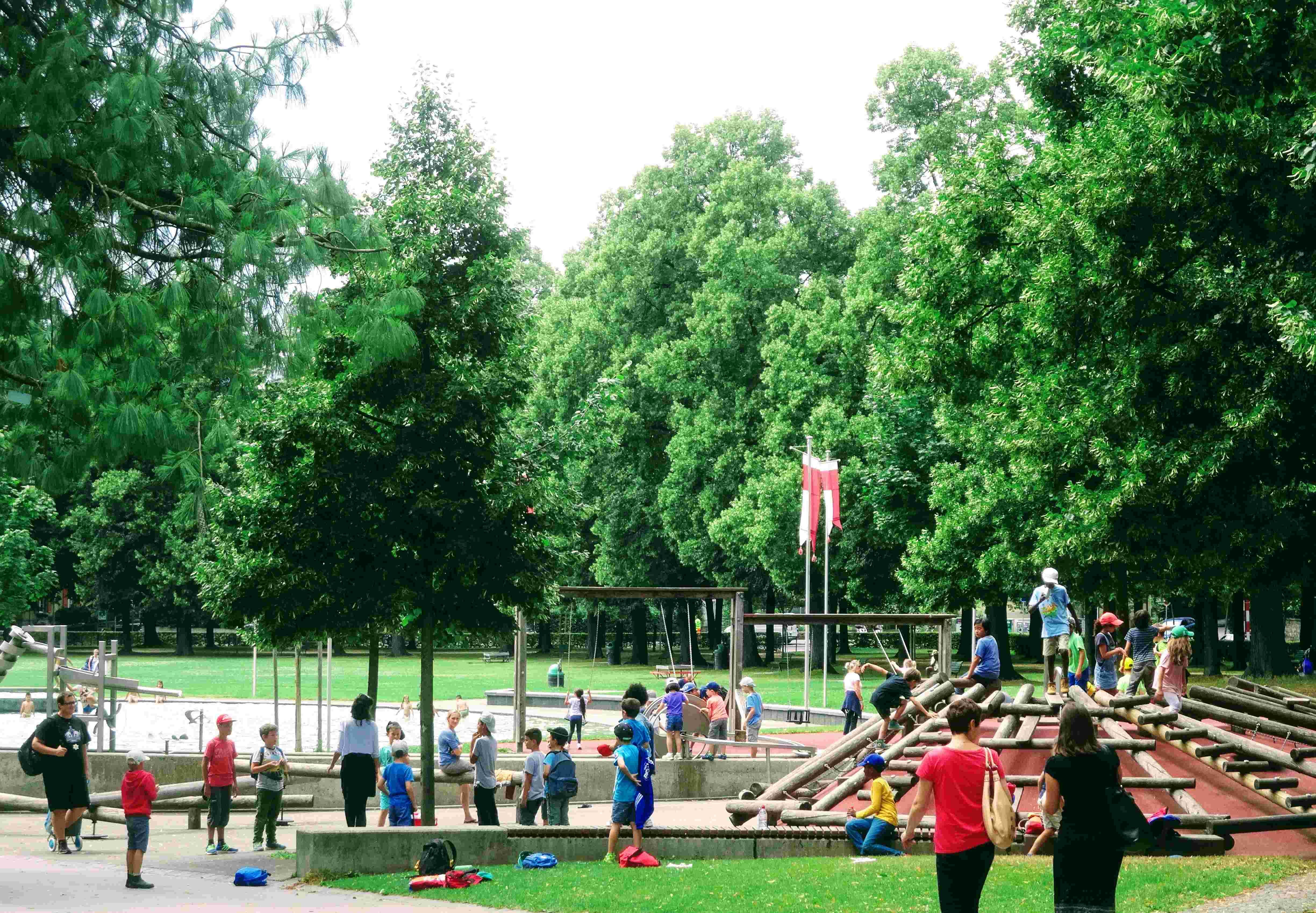The greater inequalities in a country, the likelier parents tend to adopt and apply the "helicopter parenting" style. Nowadays, citizens of different countries generally buy the same goods from the same retailers and use the same social networks. Cultural differences have been erased by globalization. However, when it comes to raising children, habits still vary greatly from country to country.
In many US states, for example, "helicopter parents" like to monitor their kids' every move and the people who let their offspring walk home from the playground or the kindergarten alone are quickly called to order by the municipal police. In comparison, in Switzerland, young kids are allowed to walk to school without any help, supervision, or protection.
Those differences are probably related to culture. In China, for instance, a strict parenting style is a much-discussed subject of national life, as it was in the popular television series "Tiger Mom". China's Confucian tradition encourages respect for elders, a principle that may have an influence on authoritarian parenting.
The researchers have found that varying parenting style among nations is primarily linked to economics, in particular, economic inequalities. In countries where achievement-oriented parenting is strong, there is a larger gap between the rich and the poor. On the contrary, when inequality is low, more permissive parenting styles become more fashionable.

Picture: Children in the park (ChildUp.com)



